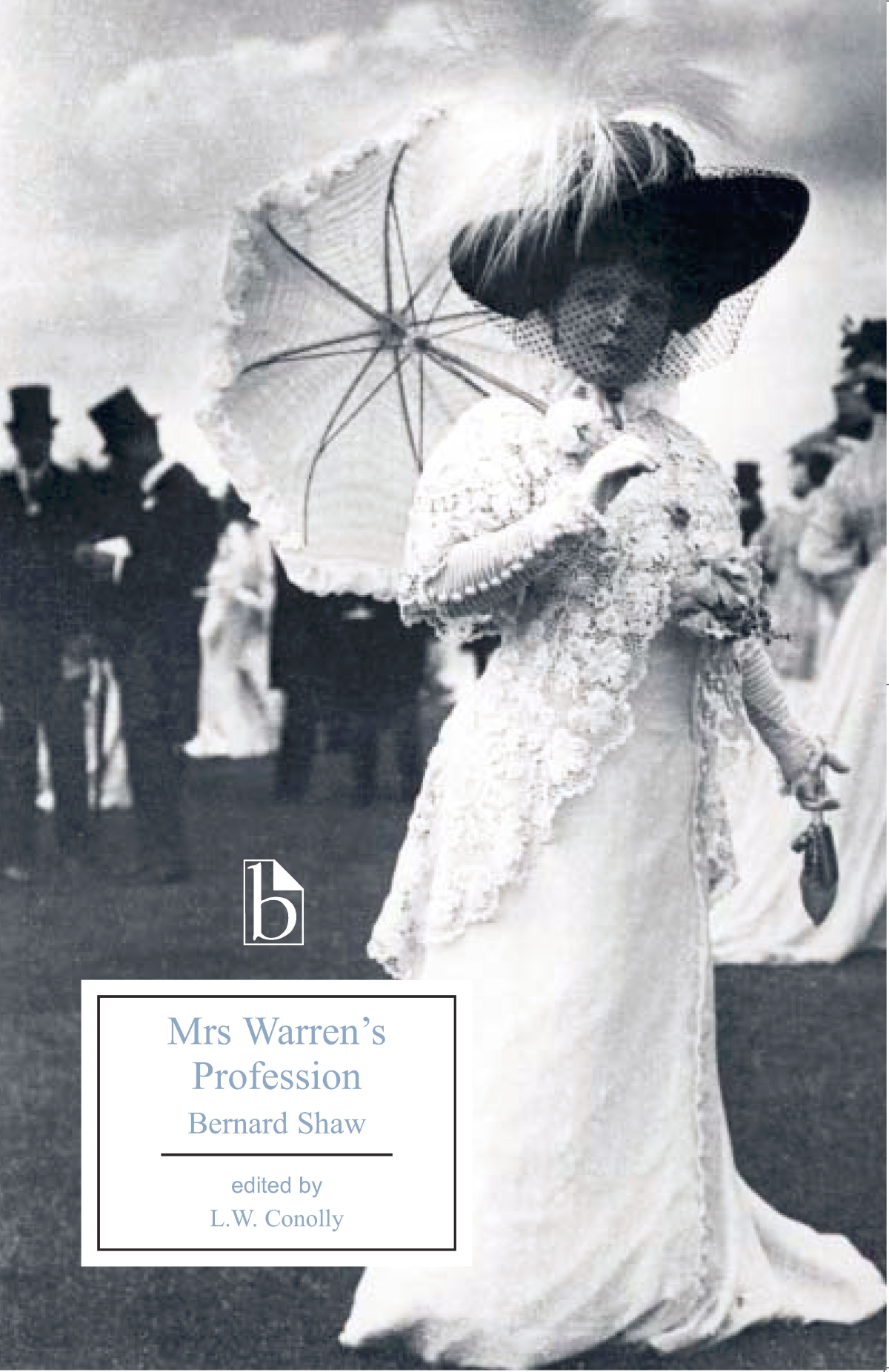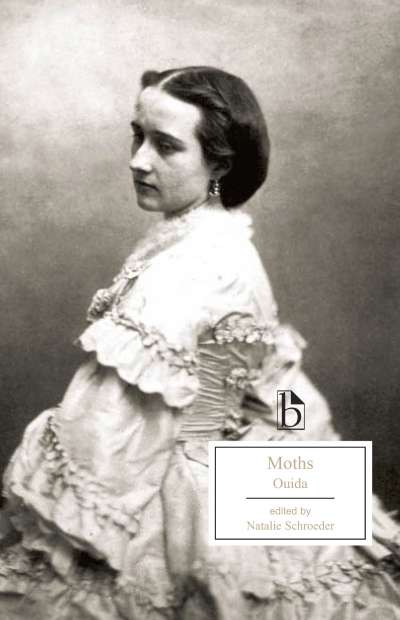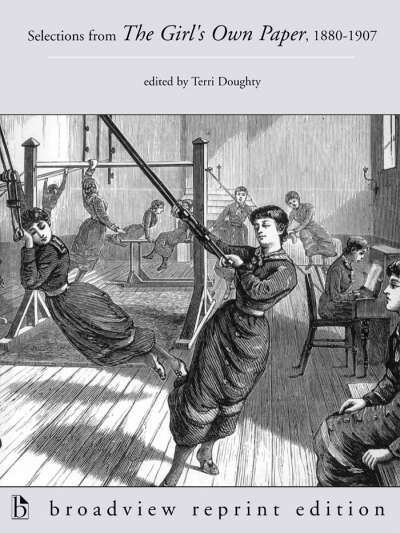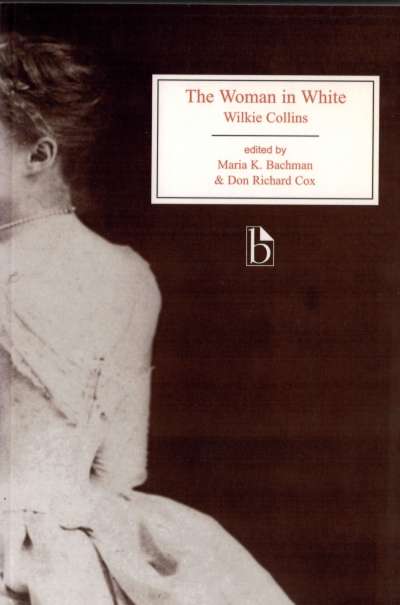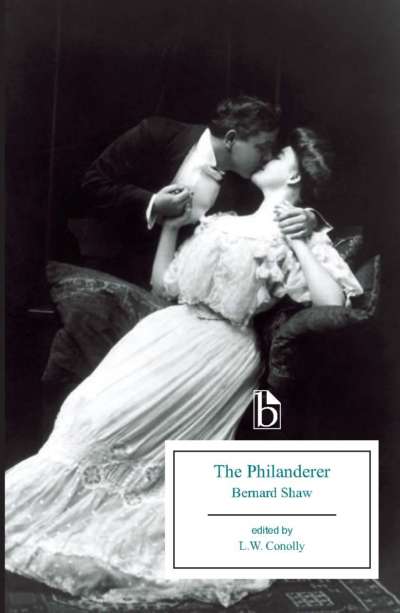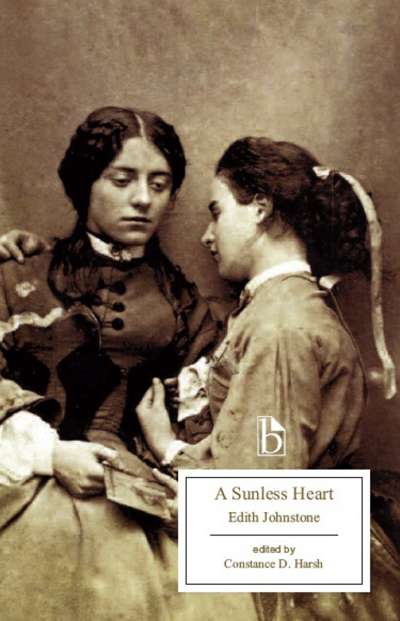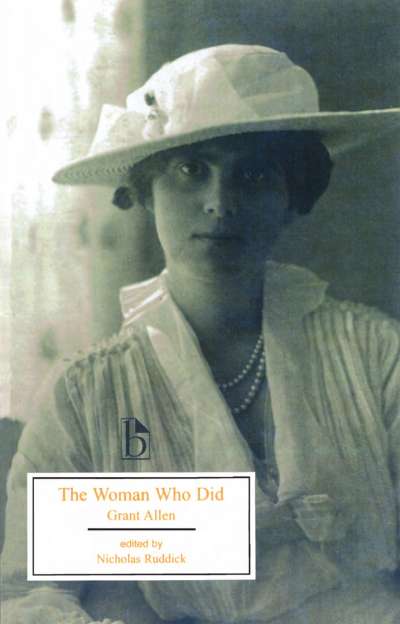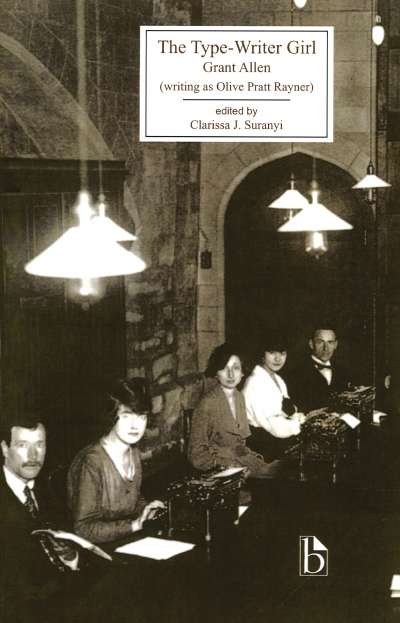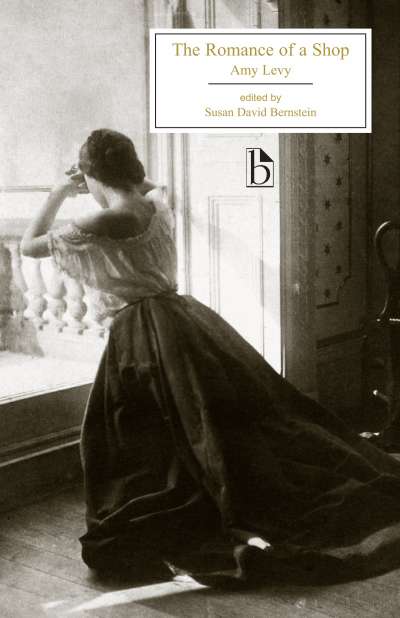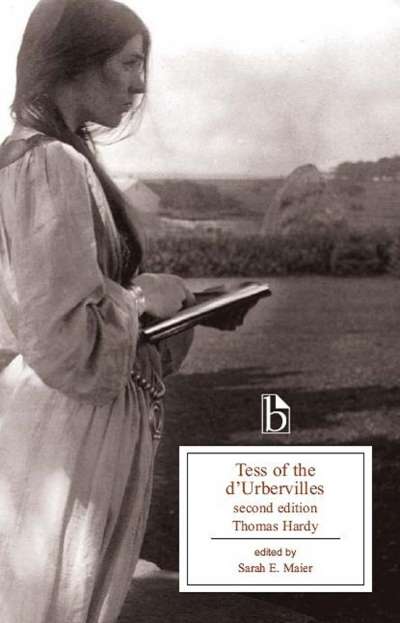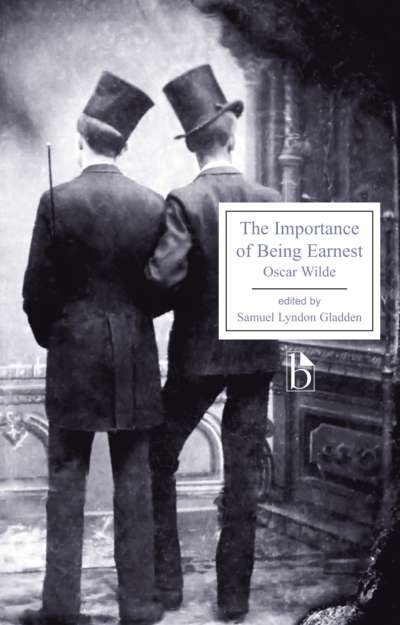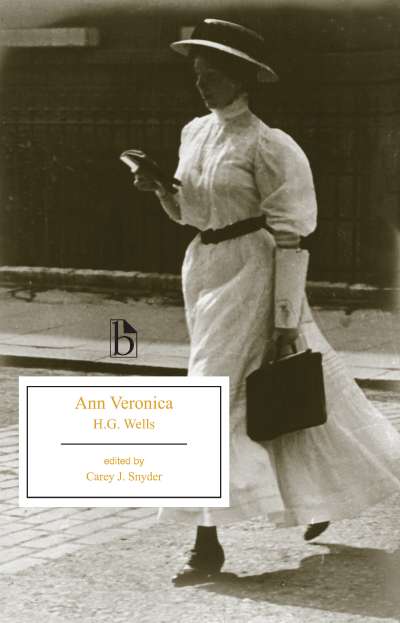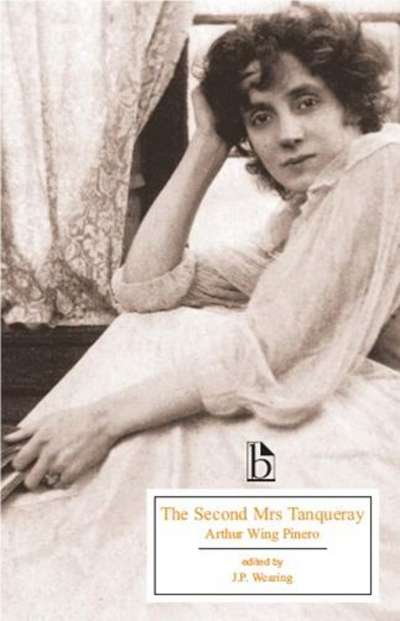One of Bernard Shaw’s early plays of social protest, Mrs Warren’s Profession places the protagonist’s decision to become a prostitute in the context of the appalling conditions for working class women in Victorian England. Faced with ill health, poverty, and marital servitude on the one hand, and opportunities for financial independence, dignity, and self-worth on the other, Kitty Warren follows her sister into a successful career in prostitution. Shaw’s fierce social criticism in this play is driven not by conventional morality, but by anger at the hypocrisy that allows society to condemn prostitution while condoning the discrimination against women that makes prostitution inevitable.
This Broadview edition includes a comprehensive historical and critical introduction; extracts from Shaw’s prefaces to the play; Shaw’s expurgations of the text; early reviews of the play in the United States, Canada, and Great Britain; and contemporary contextual documents on prostitution, incest, censorship, women’s education, and the “New Woman.”
Comments
“L.W. Conolly’s edition of Mrs Warren’s Profession will be exceedingly helpful to readers of all sorts—undergraduate students, Shaw specialists, and general readers alike. Insight into Shaw’s play benefits from a knowledge of its various late-19th-century contexts, and this edition includes a wealth of contextual materials, in areas ranging from prostitution to Cambridge University. This thorough, well-researched edition is a major contribution to everyone’s understanding of Shaw’s always-up-to-date dramatic study of prostitution and capitalism.” — Jonathan Wisenthal, University of British Columbia
“This edition of Mrs Warren’s Profession, with its astonishing range of associated documents, provides an invaluable resource for students and Shaw enthusiasts, and has a good deal to offer to the seasoned Shaw scholar as well. The introduction offers a wonderfully detailed and informative account of the social, political, and theatrical contexts of Shaw’s first major play, and Conolly’s analysis of the dramatic texture of Mrs Warren’s Profession allows insight into the qualities of the play itself and why, despite the excitement of the early scandals, it has more than historic interest, and lives on today’s stage.” — Jean Chothia, University of Cambridge
Acknowledgements
Introduction
Bernard Shaw: A Brief Chronology
A Note on British Currency
A Note on the Text
Mrs Warren’s Profession
Appendix A: From Shaw’s Prefaces to Plays Unpleasant and Mrs Warren’s Profession
- From the Preface to Plays Unpleasant (1930)
- From the Preface to Mrs Warren’s Profession (1930)
Appendix B: The Expurgated Text of Mrs Warren’s Profession (1898)
Appendix C: Contemporary Reviews
- St James’s Gazette (7 January 1902)
- J.T. Grein, The Sunday Special (12 January 1902)
- New York Times (31 October 1905)
- New York Times (31 October 1905)
- Manitoba Free Press (1 May 1907)
- Glasgow News (11 April 1913)
- Birmingham Gazette (28 July 1925)
- The Times (29 September 1925)
Appendix D: Prostitution in Victorian England
- From The Unknown Mayhew: Selections from the Morning Chronicle, 1849-50
- From James Miller, Prostitution Considered in Relation to Cause and Cure (1859)
- From Parliamentary Papers, 1865, XX, Children’s Employment Commission
- From William Acton, Prostitution Considered in its Moral, Social, and Sanitary Aspects (1870)
- From Alfred S. Dyer, The European Slave Trade in English Girls (1882)
- From An Act to Make Further Provision for the Protection of Women and Girls [The Criminal Law Amendment Act] (1890)
- From General [William] Booth, In Darkest England and the Way Out (1890)
- From Clementina Black, Married Women’s Work (1915)
Appendix E: Incest
- From the Old Testament: Leviticus 18. 6-18
- From the House of Lords Debate on the Incest Bill (16 July 1903)
- From the House of Commons Debate on the Incest Bill (26 June 1908)
- From An Act to Provide for the Punishment of Incest (1908)
Appendix F: Censorship of the Stage
- From An Act for Regulating Theatres, (1843)
- A Memorandum from the Lord Chamberlain to the Examiner of Plays (1895)
- “The Censorship of Plays,” The Times (29 October 1907)
- From the Report from the Joint Select Committee of the House of Lords and the House of Commons (1909)
Appendix G: Vivie Warren’s Cambridge
- Petitions and Resolutions on Degrees for Women (1896-97)
- From the Senate Debate on Degrees for Women (March 1897)
- The May 1897 Riots
- An Undergraduate at Newnham College (1896-99)
Appendix H: The New Woman
- From Grant Allen, “Plain Words on the Woman Question,” Fortnightly Review (October 1889)
- From Sarah Grand, “The New Aspect of the Woman Question,” North American Review (March 1894)
- From Alys W. Pearsall Smith, “A Reply from the Daughters,” Nineteenth Century (March 1894)
Select Bibliography
L.W. Conolly is a Professor of English at Trent University, Peterborough, Ontario, a senior member of Robinson College, Cambridge, a Corresponding Scholar of the Shaw Festival in Niagara-on-the-Lake, Ontario, and a Fellow of the Royal Society of Canada. He has published widely on British and Canadian drama and theatre.

